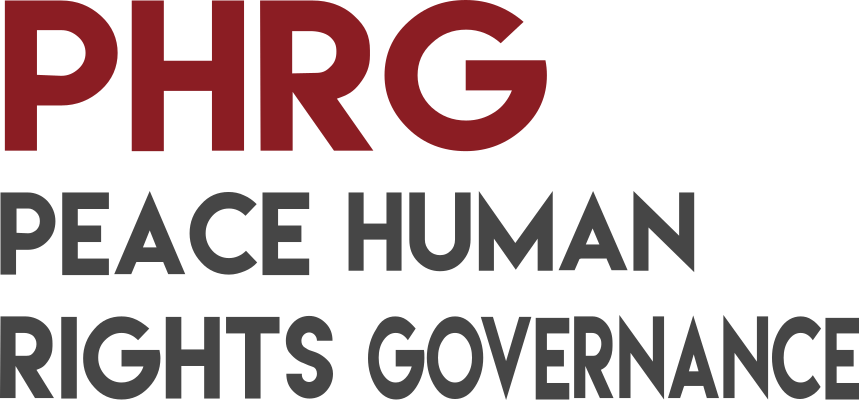Abstract
The paper discusses the notion of intersectional discrimination in the context of the responses Italy has given to the challenge of protecting migrant women from persecutions, violence and severe exploitation. The essay moves from the acknowledgment that women’s voices and experiences of subordination and oppression are often overlooked. Too often the different overlapping of discriminatory grounds are taken into account separately, without capturing the complexity of experiences they face with. It is argued that intersectionality is a realistic and effective way of incorporating women’s human rights, not only in the analysis of their conditions, but also in the various policies and practices of governmental and nongovernmental agencies involved in such activities. The concept refers to the interrelation of the different forms of social stratification and identity such as race, gender, religion, age, class, ethnicity and disability, and to the fact that people belonging to multiple categories suffer a unique form of discrimination and face unique challenges. Intersectionality however requires a careful, flexible and context-specific proceduralisation of the respective practices, in particular through the referral from one agency to the others. Public and private actors active in Italy in the areas of asylum seeker/refugee protection, anti-trafficking/labour exploitation, and anti-violence have recently realized the crucial importance of a more substantive collaboration through ‘intersectionality’ in approaching situations of vulnerability and in crafting appropriate responses, while respecting the respective professional skills and mandates. The national legal framework, although theoretically committed to the imperative of protecting human rights and empowering victimised women, has not consistently supported such efforts. Legal fragmentation and a prevalent securitizing narrative, especially evident in the 2018-19 urgency legislation on asylum seekers, have posed serious obstacles to a consistent practice of crossreferral among social agencies. Margins of maneuver still exist however to elaborate alternative practices of inclusion.
Download
Degani P., De Stefani P. (2020) "Addressing Migrant Women’s Intersecting Vulnerabilities. Refugee Protection, Anti-trafficking and Anti-violence Referral Patterns in Italy
", Peace Human Rights Governance, 4(1), 113-152. DOI: 10.14658/PUPJ-PHRG-2020-1-5
Year of Publication
2020
Journal
Peace Human Rights Governance
Volume
4
Issue Number
1
Start Page
113
Last Page
152
Date Published
03/2020
ISSN Number
2532-3474
Serial Article Number
5
DOI
10.14658/PUPJ-PHRG-2020-1-5
Section
Policy Papers

 © 2025 Padova University Press - Università degli Studi di Padova
© 2025 Padova University Press - Università degli Studi di Padova